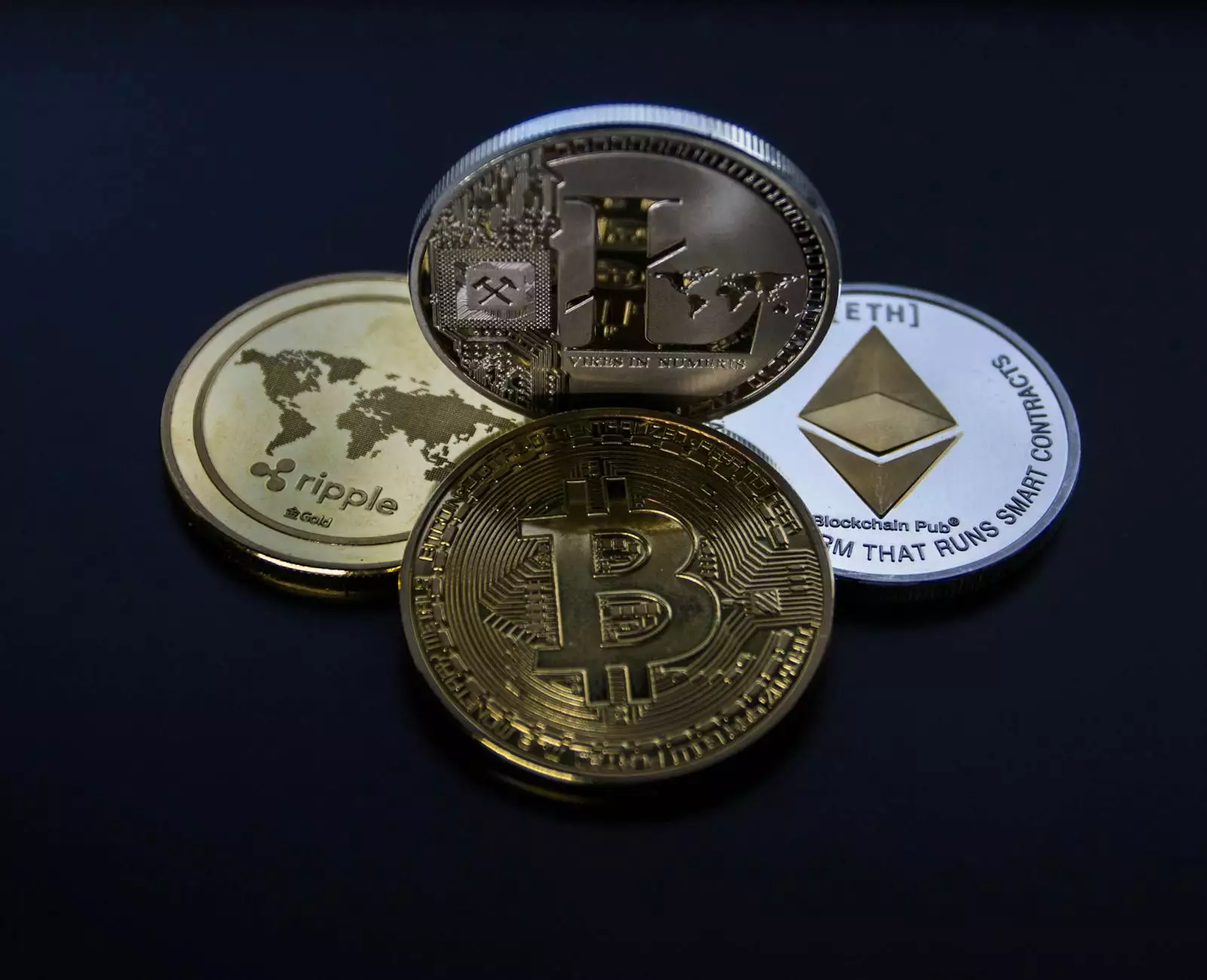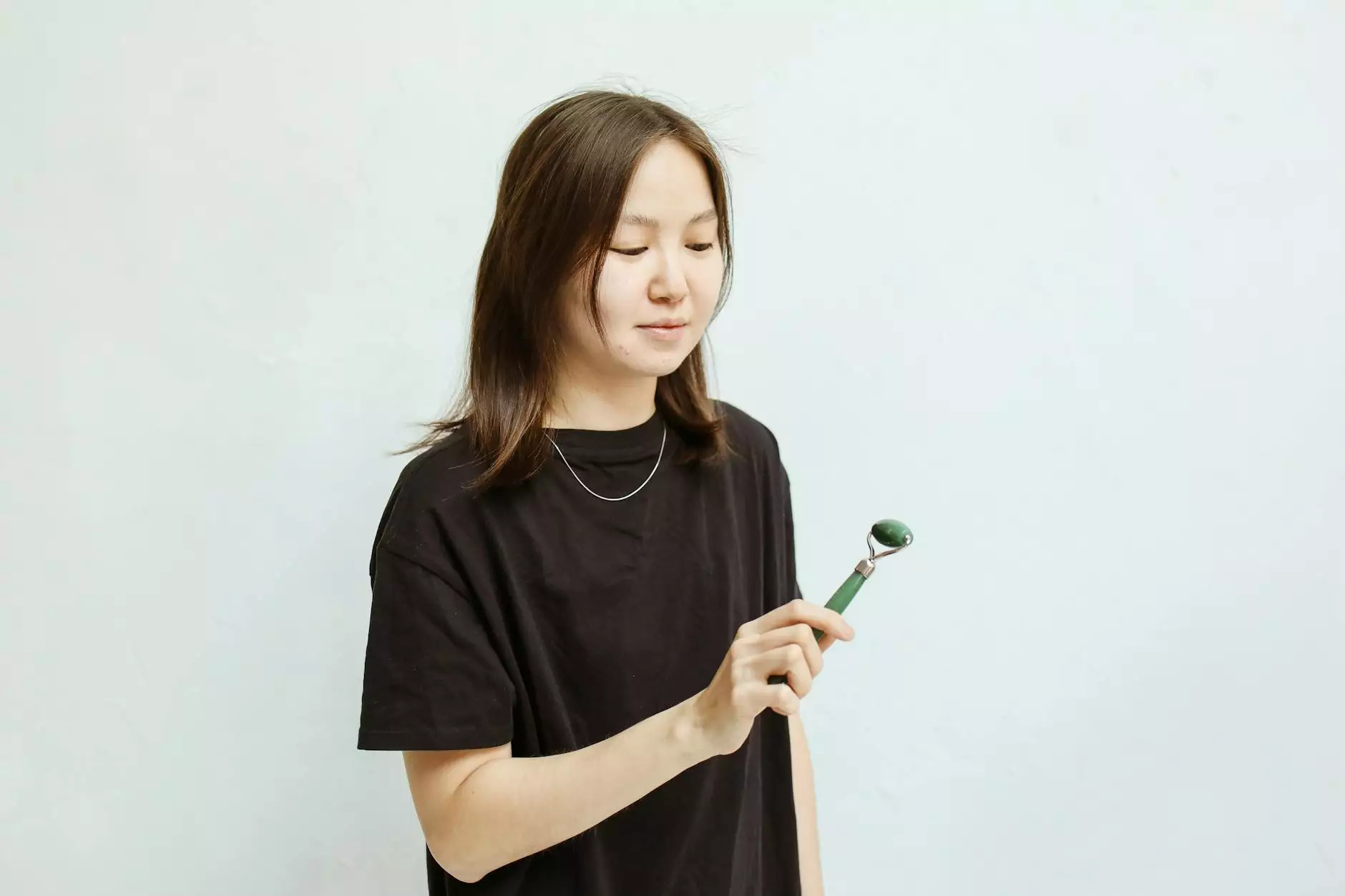Buy USD: Your Comprehensive Guide to Currency Exchange and Investment

Understanding the Importance of USD in Global Markets
The US Dollar (USD) is not just a currency; it is a global powerhouse and plays a crucial role in international trade and finance. As the most widely used reserve currency, the dollar accounts for a significant portion of global transactions and investments.
In this article, we will explore the benefits of buying USD, how to navigate currency exchange markets, and strategies for making informed decisions in your financial endeavors.
Why You Should Consider Buying USD
The decision to buy USD can be influenced by various factors, including economic stability, investment opportunities, and diversification of your assets. Below are some compelling reasons to consider:
1. Economic Stability
The United States has one of the largest and most stable economies in the world. Investing in USD can act as a hedge against inflation and currency depreciation in other economies.
2. Safe Haven Currency
In times of international turmoil, investors flock to the USD due to its perceived safety. It is often viewed as a safe haven during economic uncertainty, making it a wise addition to your portfolio.
3. Growth Opportunities
Investing in USD opens doors to numerous opportunities within the US market, including real estate, stocks, and bonds. These investments can yield significant returns over time.
4. Diversification
Diversifying your investment portfolio by adding USD can mitigate risk. Holding different types of currencies can help protect your wealth from economic downturns in your local market.
How to Buy USD Effectively
Buying USD might seem daunting at first, but with the right knowledge and resources, it can be a straightforward process. Here are the steps to ensure you buy USD effectively:
Step 1: Assess Your Needs
Before you buy USD, determine why you need it. Are you traveling, investing, or making a purchase? Understanding your purpose will help you make informed decisions.
Step 2: Choose the Right Exchange Method
There are several ways to purchase USD:
- Banks: Often the safest option, though fees may be higher.
- Currency Exchange Services: These can offer competitive rates and lower fees.
- Online Platforms: Many online services provide the ability to buy USD with the click of a button, but be cautious of the trustworthiness of these platforms.
Step 3: Monitor Exchange Rates
Exchange rates fluctuate regularly due to market conditions. Use financial news websites or currency converters to keep an eye on the rates and buy when the rates are favorable.
Step 4: Make Your Purchase
Once you've selected your exchange method and monitored rates, proceed with your purchase. Ensure that you understand all associated fees and that you’re getting a fair rate.
Step 5: Secure Your Investments
If you're buying USD for investment purposes, consider how to securely hold and manage your funds. Options include bank accounts, brokerage firms, or even physical cash reserves, but be sure to evaluate the safety and accessibility of each method.
The Risks of Buying USD
While buying USD has many benefits, it’s also essential to understand the potential risks involved:
1. Exchange Rate Fluctuation
The value of the USD relative to other currencies can fluctuate based on multiple factors including economic indicators, geopolitical stability, and market sentiment. Stay informed about these developments.
2. Inflation Risks
Though the USD is generally stable, under certain economic conditions, inflation can erode the purchasing power of your dollar. Thus, it’s crucial to diversify your investments to mitigate this risk.
3. Economic Downturns
Global economic shifts can impact the value of the USD. Always consider the larger economic picture when making investment decisions.
Best Practices for Currency Investment
To maximize your success when you buy USD, consider these best practices:
- Do Your Research: Knowledge is power. Stay updated with market trends and analysis.
- Use Trusted Sources: Ensure that you are using reputable platforms for currency exchange.
- Diversify Your Portfolio: Don't rely solely on USD; consider various assets to spread risk.
- Set Clear Goals: Define your investment objectives and develop a strategy to achieve them.
Case Studies: Successful USD Investments
To further illustrate the potential of buying USD, here are a few case studies that highlight successful investments:
Case Study 1: Real Estate Investment
Many foreign investors have successfully entered the US real estate market by buying USD. For instance, a European investor purchased a commercial property in New York using USD, which has appreciated significantly in value due to the city’s economic growth.
Case Study 2: Stock Market Gains
Another notable example is an Australian investor who bought USD to invest in US tech stocks. As the US tech sector flourished, the value of their investments increased, resulting in substantial profits.
Final Thoughts on Buying USD
Buying USD can be a rewarding endeavor, whether you’re looking to invest, travel, or diversify your financial portfolio. With proper planning, research, and strategy, you can navigate the currency exchange landscape effectively.
For more information and resources on buying USD and other related topics, visit globcoffs.com and stay informed about the latest updates in currency exchange and investment strategies.
FAQs About Buying USD
1. What is the best time to buy USD?
The best time to buy USD is when exchange rates are low compared to your local currency. Monitor financial news for economic indicators that may affect rates.
2. Can I buy USD online?
Yes, many online platforms and banks allow you to buy USD online. Ensure the platform is reputable to avoid scams.
3. How do I store USD safely?
For long-term storage, consider secure bank accounts or investment portfolios. Physical cash should be stored in a safe place.
4. Are there limits on buying USD?
Limits may vary by financial institution or service provider. Always check the specific terms and conditions related to currency purchases.
5. What factors affect the USD exchange rate?
Factors include interest rates, economic data, geopolitical events, and market speculation. Staying informed about these elements can help you make better buying decisions.









